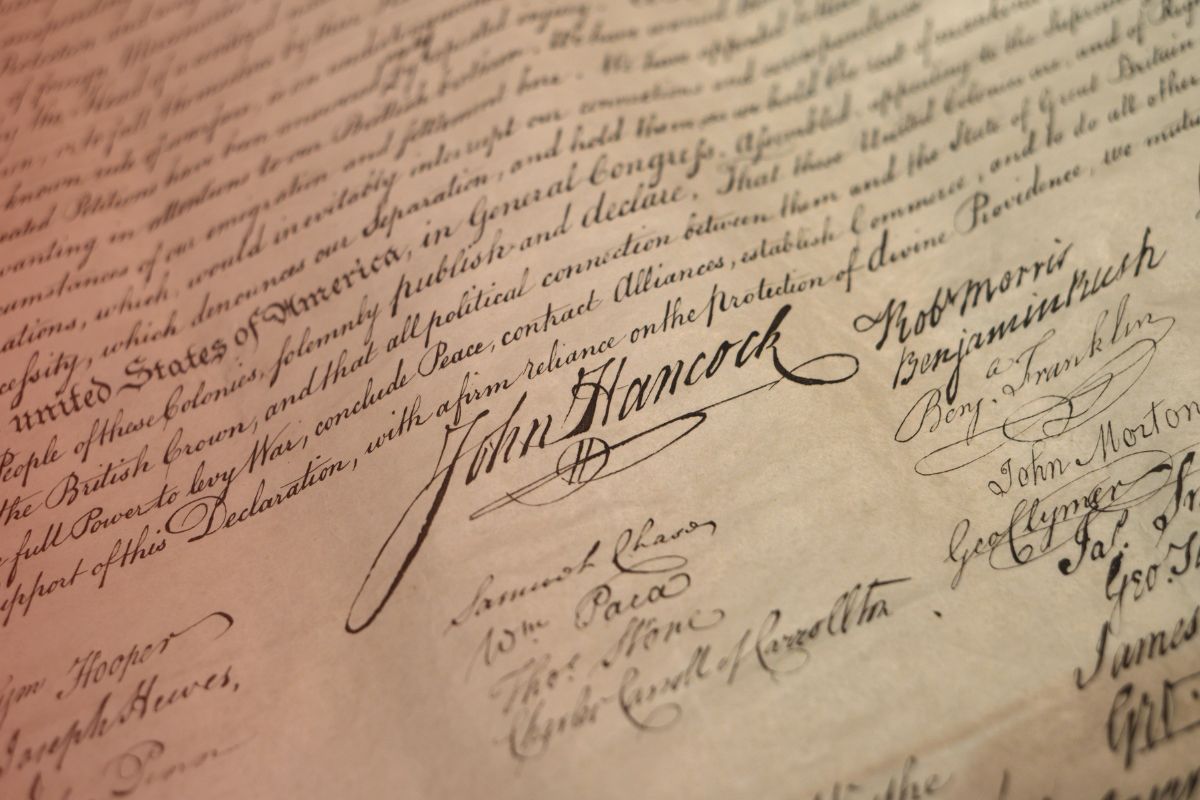
Luke 4:14–22 ‘The Spirit of the Lord is on me, because he has anointed me…’ (v18)
In Luke 14, we read what is essentially Jesus’ manifesto. He has come to ‘proclaim good news’, ‘freedom for the prisoners’, ‘recovery of sight for the blind’, and to ‘set the oppressed free’ (v18).
This truly is the time of favour from God (v19). Everyone’s eyes are fastened on Jesus after He reads this (v20). He tells them that this scripture is being fulfilled at this very moment – in Him (v21)! Jesus was confident in His calling.
He knew what God was asking Him to do. But there is amazement among His hearers who point out that He is the local carpenter’s son (v22).
He is, after all, in the synagogue in Nazareth, His hometown; these people think they know Him, so how can He be making such declarations about Himself (see also Matt. 13:55)?
Here, they are speaking well of Him; but as He speaks more truth, the mood turns and they become angry (Luke 4:24–30). Jesus of course proves who He is in words and deeds.
During His days of ministry, He heals the sick – including the blind (Mark 8:22–26), He casts out demons, setting their captives free (Matt. 8:28–34), He raises the dead (John 11) and people caught in the bondage of sinful lifestyles are forgiven, accepted and given a second chance (John 8:11).
His manifesto is one of freedom – of God breaking into people’s lives and making them whole. And as His followers, we are to make a difference in the world, offering hope and freedom as we point to the One who was sent by God to rescue and restore us.
A Prayer To Make:
‘Thank You, Father, for sending Your Son to proclaim Your favour, and to set us free. Help me to show others the hope and healing that You bring. Amen.’
An Action To Take:
Maybe you know someone who needs the freedom Jesus brings. Can you pray for them today, or perhaps write, email or message them with an uplifting word?
Scripture To Consider:
Ps. 30:1–12; Isa. 61:1–11; Luke 19:1–10; John 7:36–50